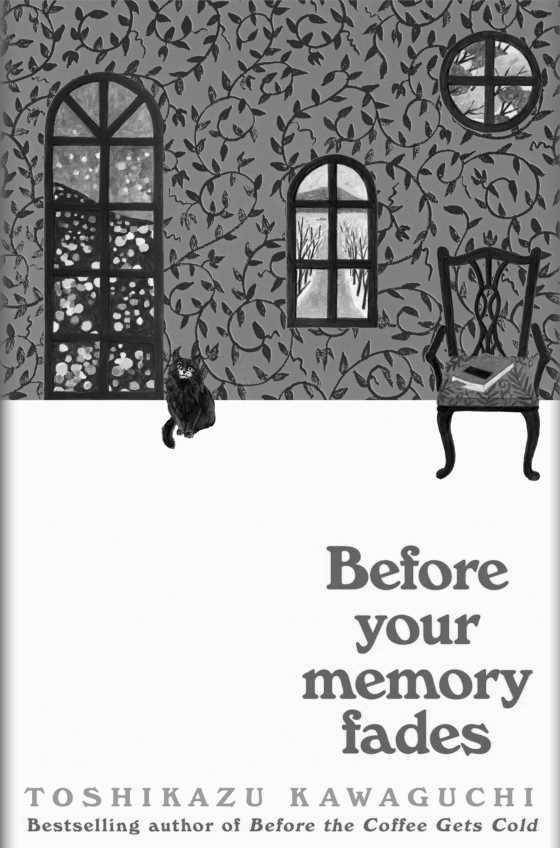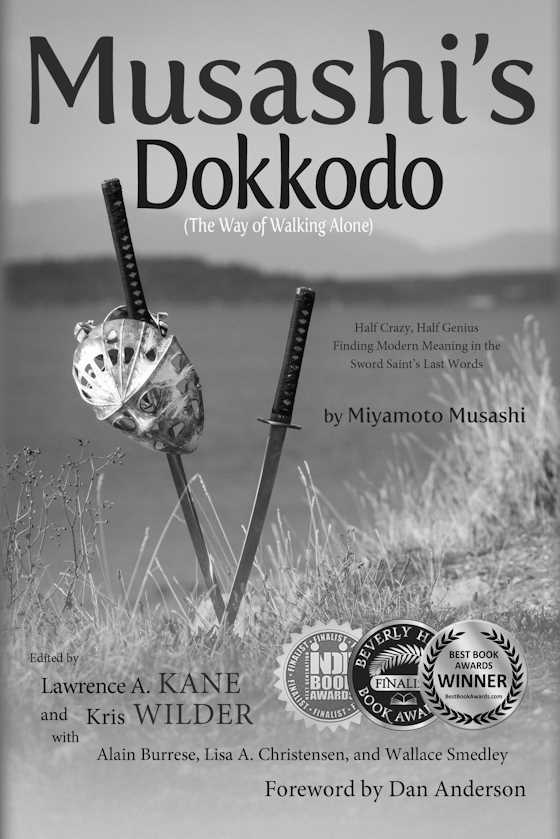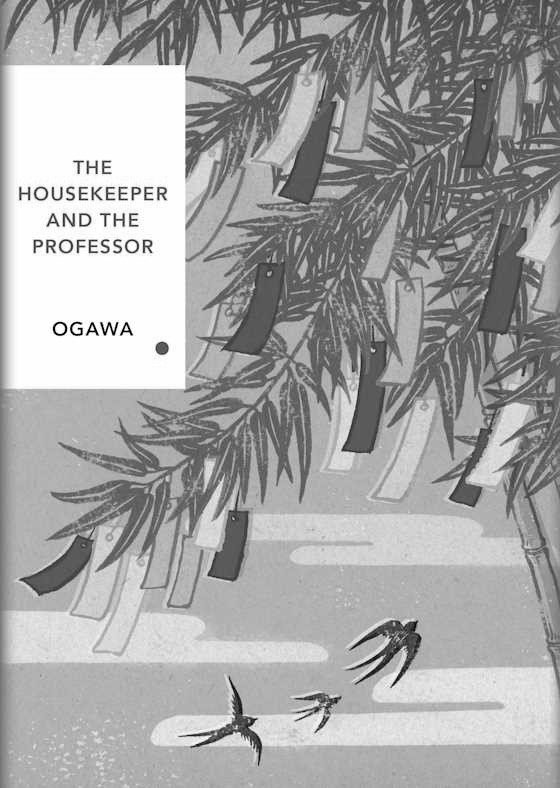 The third book in the Before The Coffee Gets Cold series, and what a great book.
The third book in the Before The Coffee Gets Cold series, and what a great book.
If you haven’t read any of this series yet then i really, whole heartedly, suggest you get back to the beginning and give them a go. The time-travelling-chair-in-a-cafe really is such a great story telling device, especially with the rules that come along with it.
And it’s in those rules that the stories shine. The main one being that you cannot change anything in the present by going back to the past. This rule really does sort the wheat from the chaff and creates stories that are deep and meaningful for all of us.
This third book takes us away from the first cafe to another cafe in Japan with it’s own chair and ghost. The owner has gone away so some of the crew from Tokyo have taken over because only a female over the age of 7 years, from their family, can pour the coffee.
A lot of this book is about death, and how we all deal with the death of a loved one, and the ending is incredible: Toshikazu really nailed the ending, it’s so perfect and so moving. It’s not often that my eyes get soggy at the end of a book, but this one did it perfectly. While the whole book is really good, it’s only when you get to the ending that you realise that it’s all been about building up the ending, where Toshikazu brings everything to a perfectly sharp focus.
And don’t forget, the next book in the series, Before We Say Goodbye, is coming out in September 2023, so be sure to put that in your diary.
Bye for now.

 Just before Musashi died, he wrote a set of precepts for his favourite student. In this book the precepts are discussed one by one by five martial artists from different backgrounds and careers.
Just before Musashi died, he wrote a set of precepts for his favourite student. In this book the precepts are discussed one by one by five martial artists from different backgrounds and careers.

 A quite enjoyable Japanese wisdom book with a rather different perspective, that of a Japanese woman who at times comes across as the outsider, shunned in some ways by conservative Japanese society for standing up — and standing out — as an independent woman, while at the same time Akemi is very clearly a traditionalist in all the ways that truly matter. At least that’s the view i get on Akemi from these pages.
A quite enjoyable Japanese wisdom book with a rather different perspective, that of a Japanese woman who at times comes across as the outsider, shunned in some ways by conservative Japanese society for standing up — and standing out — as an independent woman, while at the same time Akemi is very clearly a traditionalist in all the ways that truly matter. At least that’s the view i get on Akemi from these pages. I’m currently reading
I’m currently reading 


